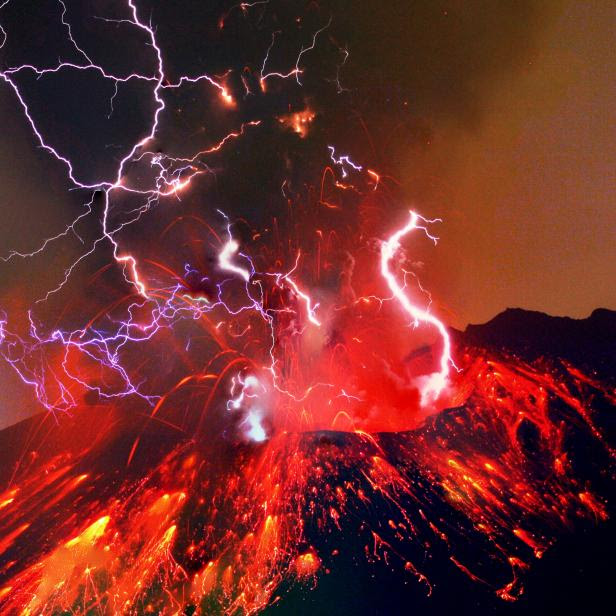Volcanoes chains have a great influence on the climate, because of what they inject into the atmosphere when they erupt. Indeed, these eruptions produce large quantities of gases, particles (called aerosols), ash and metals, which temporarily modify the climate on a local, regional and even global scale.
But also, high-altitude volcanoes could be affected by climate change, especially if their ice caps melt, says Tamsin Mather, professor of Earth Sciences at Oxford University. “If the ice caps contain volcanic structures, their disappearance could create instability and lead to events such as volcanic landslides.”
In Iceland and Hawaii, volcanoes spew hot and dangerous gases, ash, lava and rocks that are powerfully destructive. People have died as a result of volcanic explosions.
Volcanic eruptions can cause other health threats, such as flooding, mudslides, power outages, contamination of drinking water, and forest fires. Health problems after a volcanic eruption include infectious diseases, respiratory illnesses, burns, fall injuries, and vehicle accidents related to slippery and foggy conditions caused by ash.
However, when warnings are heeded, the risk of adverse health effects from a volcanic eruption is very low.



Comment here